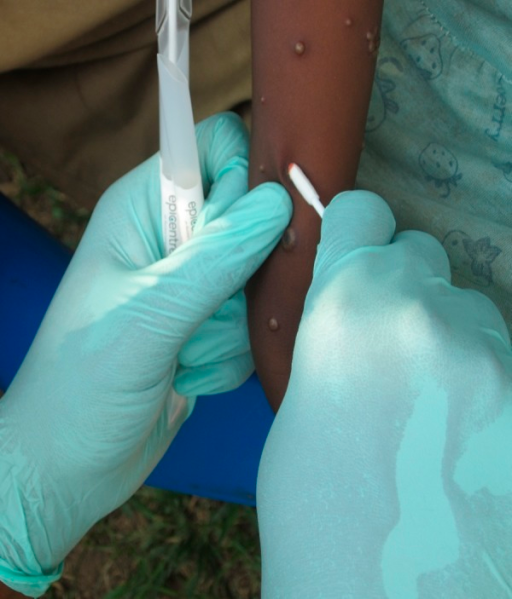WHO Releases Strategic Framework to Combat Global Mpox Outbreaks
The framework aims to eliminate human-to-human transmission of the disease and reduce the spillover of the virus from animals to humans.

The World Health Organization (WHO) has released a new framework designed to guide health authorities, communities, and stakeholders in preventing and controlling mpox outbreaks. The framework aims to eliminate human-to-human transmission of the disease and reduce the spillover of the virus from animals to humans.
Mpox, a viral illness caused by the monkeypox virus (MPXV), presents with symptoms such as a painful rash, enlarged lymph nodes, and fever. While most people fully recover, some can become seriously ill. The virus spreads through close contact, including sexual contact, and has animal reservoirs in East, Central, and West Africa, where spillovers to humans can occur, leading to further outbreaks.
There are two distinct clades of the virus: clade I and clade II. Clade I outbreaks are more deadly than clade II outbreaks. A significant emergence of mpox linked to clade II began in 2017 and has spread to all regions of the world since 2022. From July 2022 to May 2023, this outbreak was declared a Public Health Emergency of International Concern. Although the outbreak has largely subsided, cases and deaths continue to be reported, indicating ongoing low-level transmission globally.
Currently, a major outbreak of the clade I virus is occurring in the Democratic Republic of the Congo (DRC), where cases have been rising for decades. Since the beginning of the year, over 6,500 cases and 345 deaths have been reported in the DRC, with almost half of these cases among children under the age of 15.
The Strategic Framework for Enhancing Prevention and Control of Mpox (2024–2027) provides a roadmap for health authorities, communities, and stakeholders worldwide to control mpox outbreaks in various contexts. It also aims to advance mpox research and access to countermeasures and minimize zoonotic transmission.
- READ MORE ON:
- World Health Organization
- mpox
- monkeypox virus










